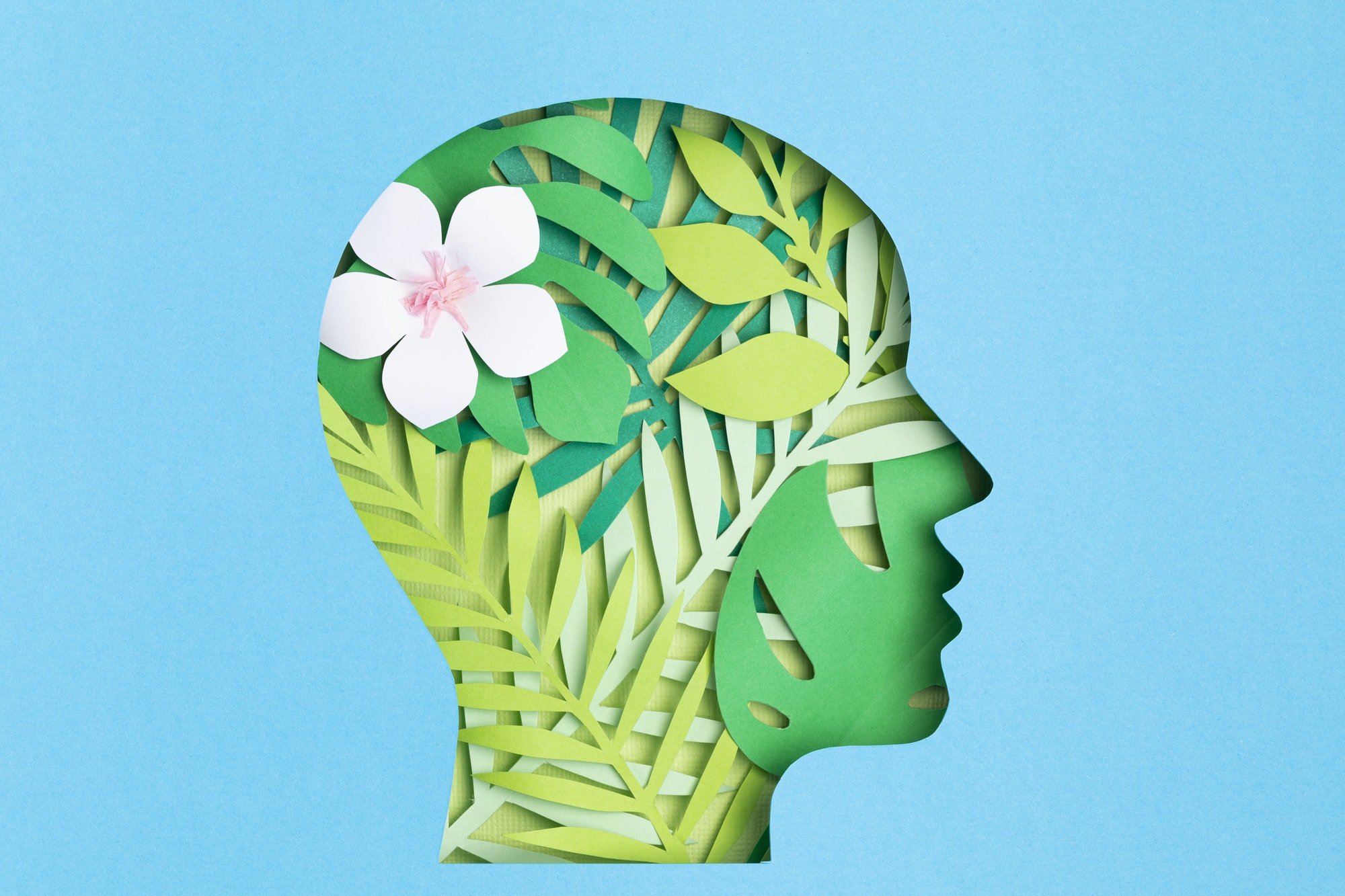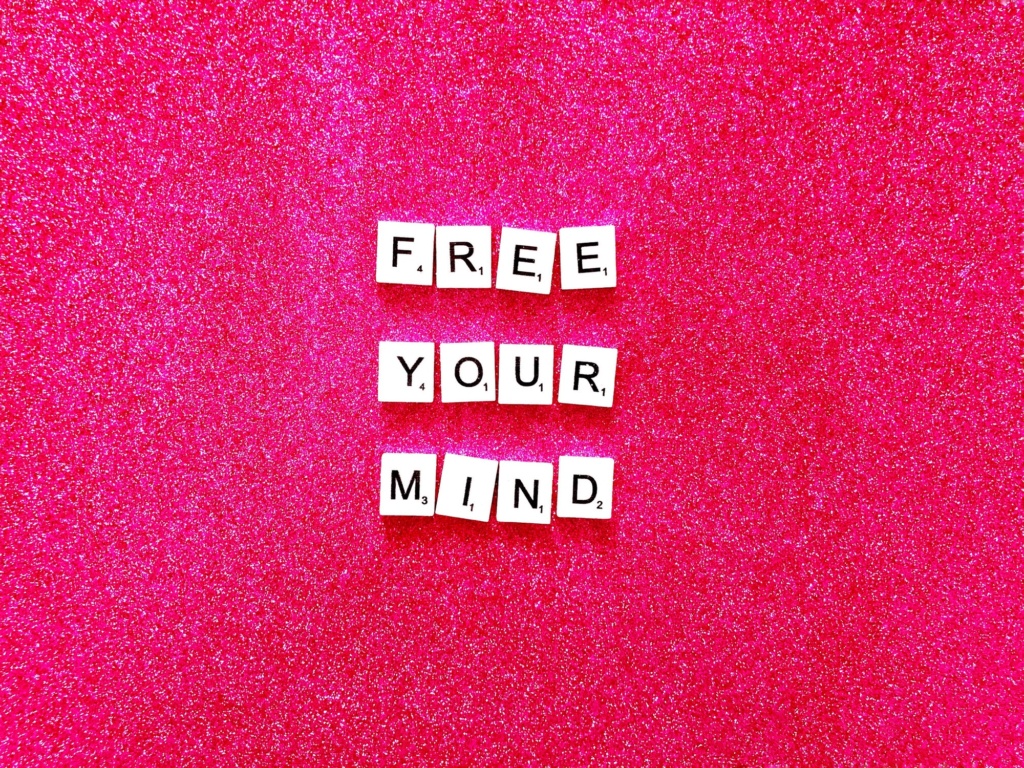Our Limited Understanding
Picture a massive white board, the size of a big screen TV, say. Then imagine taking a magic marker and placing a tiny dot smack in the middle. That tiny dot represents our comprehension of that which goes on around us in the world. The rest of the board represents everything else that happens around us in any given moment. That small dot of comprehension is why eyewitness testimony at a trial is considered to be the least accurate evidence. Our brains take in a lot of information, but we are only able to consciously process a tiny amount of the total input.
The conscious, or thinking part of our brains, is a small part of the total information processing capacity we possess. According to Sigmund Freud the Austrian neurologist and the founder of psychoanalysis, our brains possess three levels of awareness: The Conscious, Pre-conscious and the Unconscious mind. The purpose of this article is to address some of the workings of the unconscious mind and its effects on our day to day lives, as recovering alcoholics and addicts.
The Iceberg Model
Have you ever heard the saying that we only use 10% of our brains? It doesn’t really sound right though. Which parts are unused? Are they dark? Yes, for some people, they are.
However, like every meme, it’s partly correct! We do use only approximately 10% – consciously, that is. The rest goes on beneath our awareness. Our conscious mind, which contains our critical thought function, is busy worrying about what others think of us in the meeting we are in, or is daydreaming, or is wondering what we might have for lunch. We may be using it to enable us to drive our cars, or for any and all the other myriad things involved in our day-to-day existence.
Picture a massive iceberg with the top 10% sticking out, above the ocean level. That 10% represents our conscious, thinking mind. The 90% below the waters surface consists of the rest, the Pre Conscious, and the Unconscious.
The Not So Mysterious
So, what’s going on down there? Well, for starters everything that has ever happened to you is stored there! All of our beliefs, our emotions, and our long-term memories are there. It’s the other 90%, remember?
The unconscious mind is nonverbal, and stores information as images. It cannot tell time and doesn’t know the difference between right now, and say, when we were 5. This may be why people can push our buttons to offend or anger us. The unconscious is where the buttons, or traumatic experiences, are stored. This can be a real obstacle, especially in early recovery from addiction especially if we are unaware of these buttons.
The unconscious mind records everything, takes everything literally, and because it is where our emotions reside, is where feelings about our world in real time arise into our awareness.
Our Constant Inner Dialogue
Many people in recovery from addiction have a constant internal dialogue that seems to be composed of many different, conflicting voices. It is, at first, overwhelming. We have, after all, been trying to silence the cacophony going on in our heads with alcohol, food, drugs or sex, or all of them for a while now. When we abstain from addictive behavior, it can get a little noisy at the beginning.
The world-renowned psychologist, Albert Ellis, originally put forth the idea of Cognitive Thought Distortions. Many people in recovery are prone to engage in this type of thinking; an exaggerated pattern of thought that is not based in fact and can in turn cause us to make irrational decisions, based on emotion.
Distorted Thought Patterns
Here are a few examples:
Conformation Bias, where we mostly only take in information that agrees what we already believe. This one is problematic for almost everyone, it seems, especially those in early recovery, where we need every ounce of rational thought we can lay our brains on!
The Mind Reader, where we think we know what someone else is thinking! The Fortune Teller, wherein we just KNOW what the outcome of any situation will be and is usually coupled with Catastrophic Thinking, wherein we project the worst possible outcome.
Emotional Reasoning, thinking we must act on our emotions in the moment.
Always Needing to Be Right, means we are mistaking our feelings and emotions for facts, and we disregard others feelings in debate or discussion.
In Conclusion

There are many more; you can find a complete list here and here. Distorted thought also includes personality disorders.
According to some research, people that have depression and anxiety seem to be more likely to engage in these types of thoughts. These patterns can begin as a way to cope with adverse life events, which most people recovering from an addiction have had, sometimes in abundance. Most of these thoughts don’t cause us too much trouble. Unless you count the sleepless nights spent worrying about things that haven’t happened yet, or burning with guilt because we are sure that everyone we came in contact with us today was judging us, and we came up short.
Currently our society is fractured. Because of the variety of informational sources, and also because of the limited nature of the sources, (mostly just people that we agree with) almost everyone seems to be a victim of confirmation bias. How can that person believe in a flat earth? Or vote for that candidate? Or believe in that religion? The list goes on.
Obviously, these patterns can be the cause of a host of perceptual issues in our reality and can present challenges to mutual understanding in our communication with others.
However, if we are aware of these traps, we are more able to sidestep confusion, resentment and misunderstandings as we navigate through our day.



